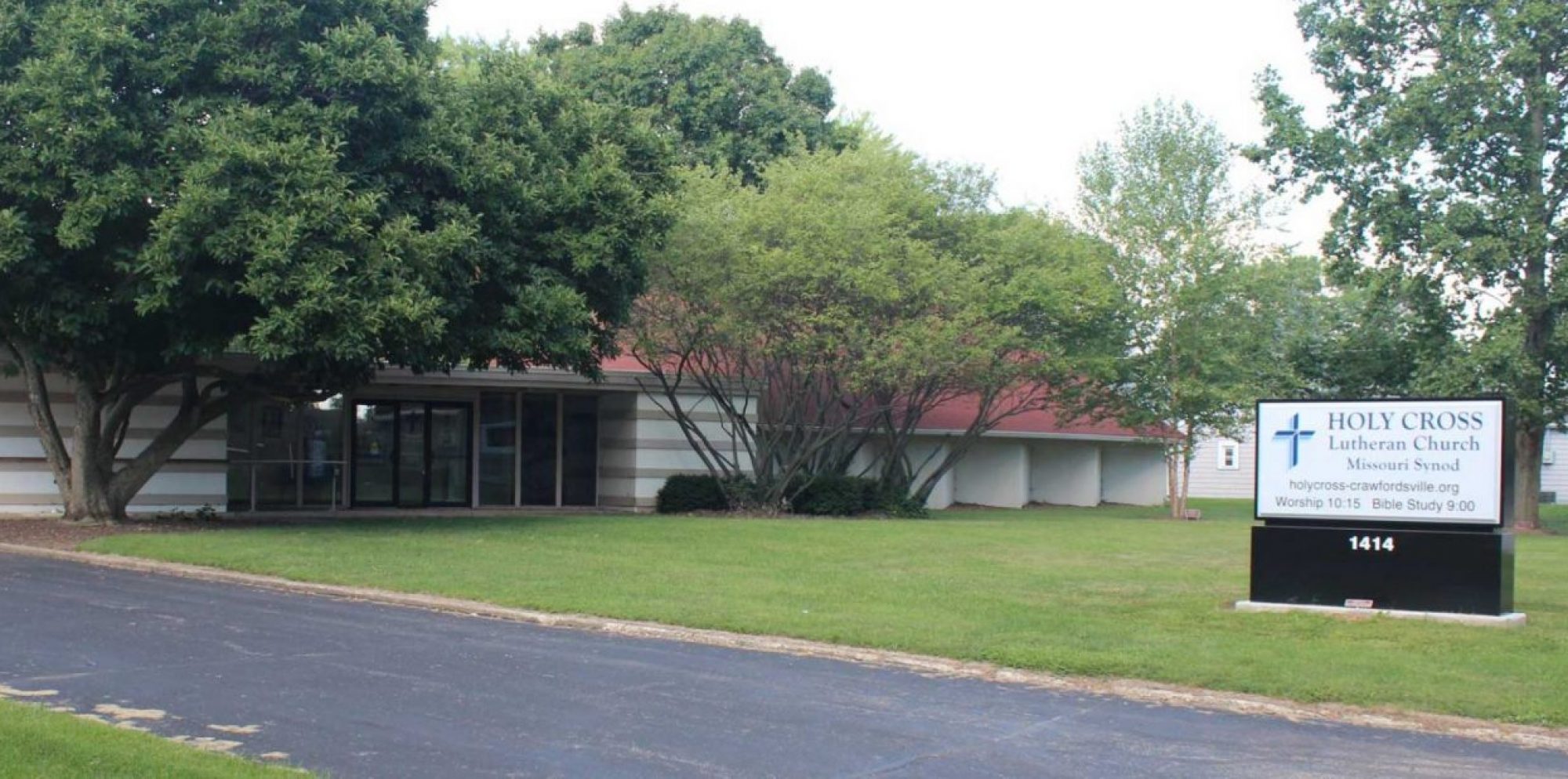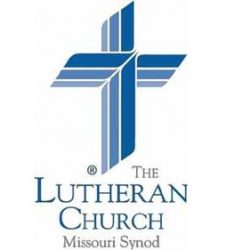Core Beliefs
We believe that the only true God is the Triune God; one God in three distinct and separate persons.
All three persons are always involved in every activity together, and yet the spotlight of Scripture shines on each one individually at different points throughout time, such as
- The Father, who creates and preserves all things. (Hebrews 11:1-3)
- The Son, who redeems the world by His death and resurrection. (John 3:16; John 5:39; Acts 4:12)
- The Holy Spirit, who brings and keeps people in saving faith in Jesus Christ. (1 Corinthians 12:3)We believe that God desires all people to be saved and know the truth.
- God loves all people and wants them to come to love Him and each other.
(Ezekiel 33:11; 1 Timothy 2:3,4; 2 Peter 3:9; 1 John 4:16) - We are sinful at birth, alienated from God, and must be born again in faith.
(Psalm 51:5, John 3:1-8, Romans 3:23; Colossians 1:21; Ephesians 2:1-5)We believe that God so loved All people that He sent His only Son Jesus to rescue us from our lost condition. - Jesus Christ is both God and man. (1 Timothy 2:5-6; Colossians 2:8,9)
- Jesus gave His life as the perfect sacrifice for our sins, resulting in our forgiveness and acceptance before God the Father.(Isaiah 53:5; 2 Corinthians 5:21)
- Those who believe and are baptized will be saved. (Mark 16:16; Romans 10:9,10)We believe that the Holy Spirit brings us to and keeps us in saving faith through God’s Word, Holy Baptism and The Lord’s Supper.
- We cannot believe in Jesus or come to Him without the assistance of the Holy Spirit.
(1 Corinthians 12:3) - God’s Word is true, powerful and has the ability to change lives.
(Romans 10:17; 2 Timothy 3:14-16; Hebrews 4:12) - Through baptism the Holy Spirit offers all people new life, and makes us God’s children.
(John 1:12,13; John 3:1-8; Titus 3:5; Acts 2:38) - In Holy Communion, Jesus mysteriously offers His body and blood together with bread and wine for Christians to eat and drink. (1 Corinthians 10:16,17)
- In Holy Communion God offers believers the forgiveness of sins and increases the depth of their faith. (Matthew 26:27,28; John 6:54-58; 1 Corinthians 11:26)We believe that through the church God equips and empowers believers to serve Him by serving others and sharing the good news about Jesus.
- God has uniquely gifted each person to do good works which He expects His children to do. (Matthew 25:34-40; 1 Peter 4:10; Romans 12:3-21)
- It is not good for people to live in isolation. God intends for us to share His love with nonbelievers and believers alike through intentional relationships. (Genesis 2:18; Galatians 6:9,10; Hebrews 10:25)
- The Christian faith is best lived in close relationships with other people — i.e. Small Groups (Proverbs 27:17; Acts 2:42-47; Romans 12:9-13)
- Our greatest purpose in life is to bring others into a saving relationship with Jesus their Savior. (Matthew 28:19,20; John 20:30,31)
What is a Lutheran?
A Lutheran is a Christian who believes and confesses the teachings of the Bible as explained by Martin Luther and other theologians during the early 16th century. These theologians sought to correct errors which were being taught by the Christian church during this era, with the hope of having a more biblical, Christ-centered, and unified church. The foundations of their teachings stemmed from a few guiding principles. A Lutheran believes in…
Grace Alone
God loves the people of the world, even though they are sinful, rebel against Him and do not deserve His love. However, because of His love, God sent Jesus His Son to love the unlovable and save the ungodly. The word “grace” simply refers to the undeserved gift that God gives to sinful, rebellious people, namely, the free gift of love, forgiveness, and salvation that comes through Jesus’ death on the cross and His resurrection.
Faith Alone
By His suffering and death as our substitute, Jesus purchased and won forgiveness, salvation, and eternal life for us. Those who hear this Good News and believe it have this forgiveness, salvation, and eternal life. By making this claim, a Lutheran is saying that these things are not matters of performance or about “being a good person.” Rather, forgiveness, salvation, and eternal life are simply matters of faith.
Scripture Alone
The Bible is God’s inerrant and infallible Word, in which He reveals both His Law (His commands and expectations) and His Gospel (His gift of salvation in Jesus Christ). The Bible is the sole rule for Christian teaching and practice.
Christ Alone
Fundamentally, there are only two kinds of religions in the world. The one kind of religion looks to what we do or don’t do as a way to earn God’s favor, forgiveness, and eternal life. This kind of religion essentially says, “If I am a good person, if I pray enough, if I submit enough, if I am sincere enough, if I follow the right path, if I do enough good things, then God will love me, be pleased with me, and give me good things.” The second kind of religion recognizes that we are sinful people, and that we will never be able to do enough good to earn the favor of a perfect and holy God. And yet, as stated above, Christianity states that God loved His creation so much that He sent His Son, Jesus, to live a perfect life, to die an undeserved death, and to rise from the dead. In this way, Jesus did what we could not do ourselves, and He became our substitute, the one and only mediator between God and us. This is what is meant when a Christian says that Jesus is the only way to forgiveness, salvation, and eternal life with God.
Faith comes by “Means”
The Lutheran Church believes that faith in Jesus doesn’t just come “out of thin air.” Rather God tells us about His love and Jesus’ forgiveness through “means of grace.” These means include 1) God’s Word, the Bible, and 2) the sacraments.
The Sacraments:
Lutherans believe that God provides His grace through two sacraments: Baptism and Communion. The word “sacrament” is defined as something that is 1) instituted by Jesus during His ministry, 2) has a physical component, and 3) carries God’s promise of forgiveness of sins.
Communion Jesus instituted the Lord’s Supper (or Communion) on the night in which he was betrayed (Matthew 26:26-29). This is not an ordinary meal, but a celebration of the presence of Jesus who promises to come to us in this meal, assure us of forgiveness and strengthen our faith to live for him each day. (The Sunday bulletin includes an explanation of the Lord’s Supper so that each person can prepare to receive this sacred meal.) If you are an adult interested in learning about the sacrament of communion contact Pastor Putz. Children 4th-12th grade can complete first communion training by also contacting Pastor Putz.
Holy Baptism Jesus instituted baptism, along with teaching the Scriptures, as the way to “make disciples of all nations” regardless of age or background (Matthew 28:19-20). This is the place where we receive all of the benefits of what Jesus has done on our behalf, such as the forgiveness of sins and the promise of eternal life. If you are interested in having yourself or your child baptized contact Pastor Putz.
The Lutheran Church – Missouri Synod (LCMS)
The Lutheran Church-Missouri Synod traces its origins to 750 Saxon immigrants who came to Missouri in 1839 seeking freedom from religious persecution in Germany and originally settled in the St. Louis area. The first official meeting of the synod (synod means “walking together”) was held in Chicago from April 25 to May 6, 1847. The twelve original congregations included about 3,000 persons. One hundred years later, in 1947, the Synod officially changed its name to The Lutheran Church-Missouri Synod.
Today, the LCMS has more than 2.3 million baptized members in some 6,200 congregations and more than 9,000 pastors. Two seminaries and 10 colleges and universities operate under the auspices of the LCMS, and its congregations operate the largest Protestant parochial school system in America. The church broadcasts the saving message of Jesus Christ over KFUO Radio, and it has relationships and active mission work in nearly 90 countries around the world. In the last five years, the LCMS has awarded more than $35 million through more than 900 domestic and international grants for emergency response and disaster response. Today, the LCMS is in full doctrinal fellowship with 33 other confessional Lutheran church bodies worldwide.

